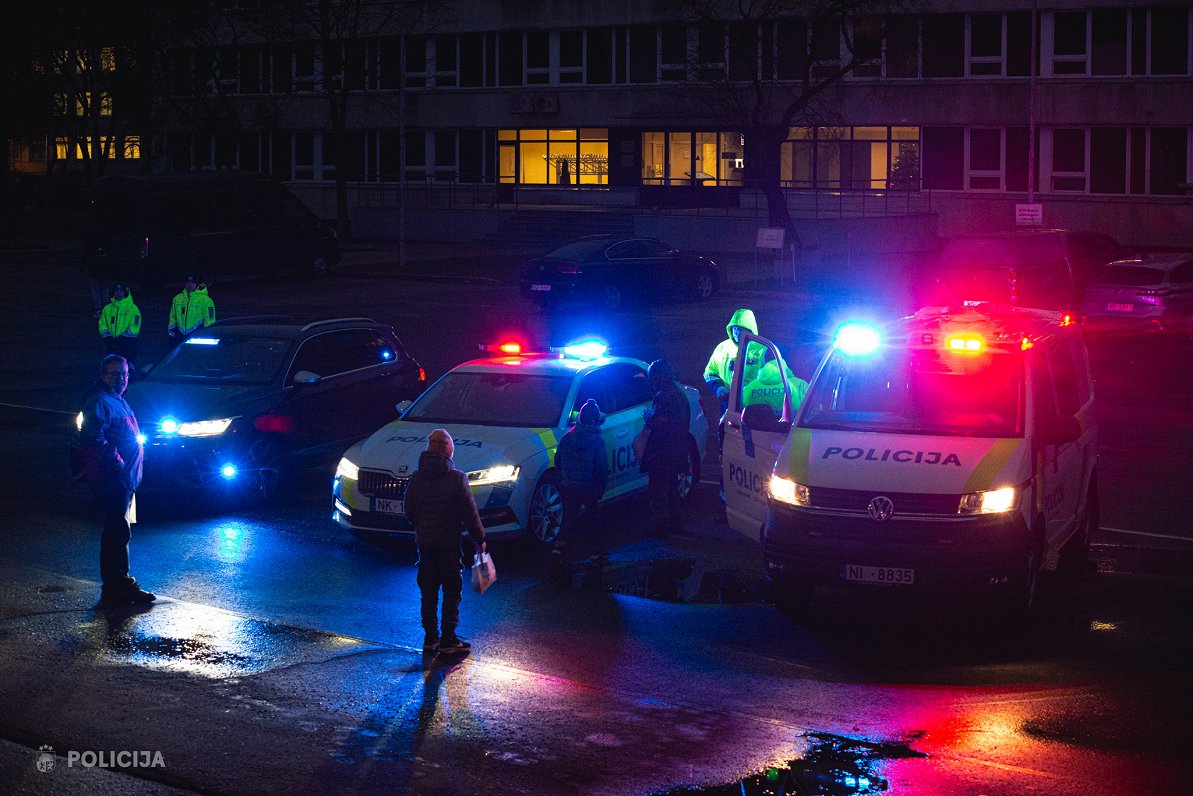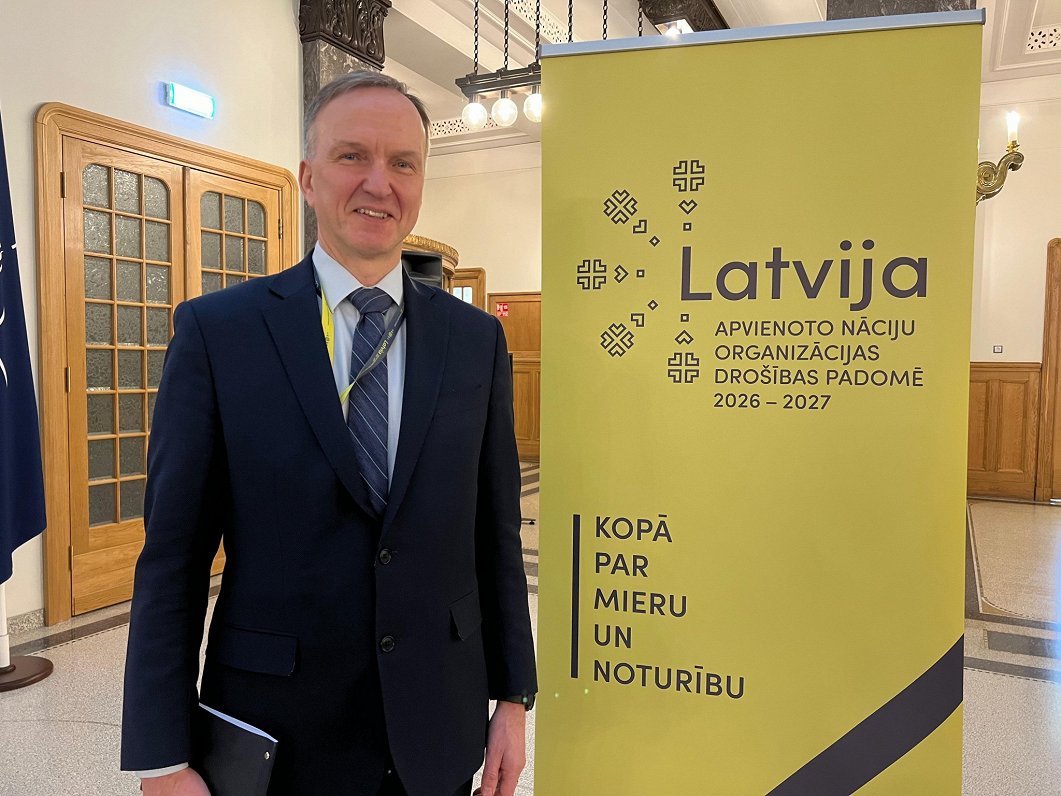Estonia ranks second lowest globally in money laundering and terrorism financing risks (ML/TF), according to the Basel Anti-Money Laundering (AML) Index, in spite of the recent Danske Bank money laundering case affecting the Estonian branch of the bank.
The Basel AML Index ”…is an independent annual ranking that assesses the risk of money laundering and terrorist financing (ML/TF) around the world,” according to its website.
Estonia lies second (out of 129) after Finland with a risk score of 2.73 (the lower the score, the better), moving up one place since the last list was compiled. Lithuania is third, with New Zealand, Macedonia, Bulgaria, Slovenia, Sweden, Croatia and Israel making up the top ten.
Denmark risk increased after Danske Bank scandal
Denmark’s point score has risen more than any other nation in the wake of the Danske Bank scandal to 4.11, and is now in 16th place. Finland also saw a rise in its score year-on-year (y-o-y) from 1.78 to 2.57, but maintains top spot.
A recent phenomenon arising in the report is the gulf between technical compliance in anti-money laundering activities and actual effectiveness, highlighted by the new Financial Action Task Force (FATF) methodology, which also affected Denmark negatively. Sweden, Iceland and Slovenia have also seen their risk scores rise under the new methodology.
Most countries measured by the FATF criteria have seen dramatically lower scores in their effectiveness than in their technical compliance, according to the report.
“The recent Danske Bank scandal seems to confirm the observation that there are big issues with the effectiveness of money laundering supervision in countries generally regarded as low-risk,” the report says.
No other major changes, no risk-free states
Nevertheless there was no major change in the makeup of the 10 lowest-risk countries y-o-y, with Lithuania, Macedonia, Bulgaria and Croatia replacing Latvia, Iceland, Denmark and Poland and the rest remaining the same.
No country enjoys zero ML/TF risk rating; the lowest score (Finland) rose as noted.
Improved detection mechanisms and more availability of data, plus changes in the Financial Secrecy Index, which automatically assigns a raised level of risk to major players in the global financial sector, are likely to be behind the overall rises in risk scores.
The 2018 index is the seventh to be issued. The index is under the auspices of the International Centre for Asset Recovery, part of the Basel Institute on Governance.
Around 200 billion in laundered or otherwise suspicious money is thought to have passed through Danske Bank Estonia over a period of several years, though warnings had been given by the Estonian Financial Services Authority (FSA) as early as 2014. Danske CEO Thomas Borgen resigned after the issues came to light.






